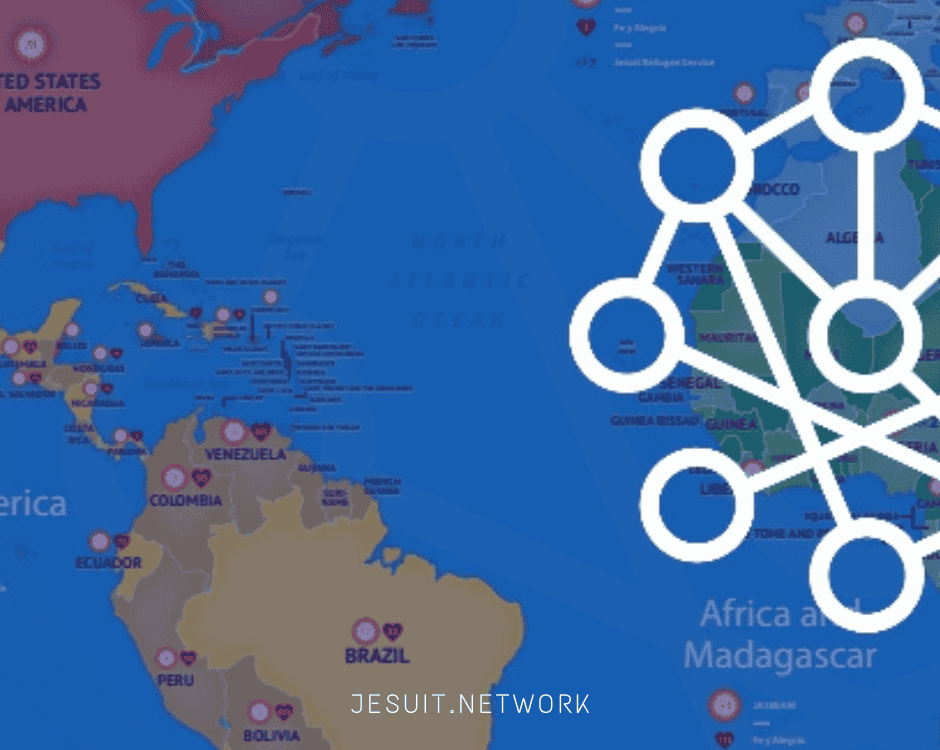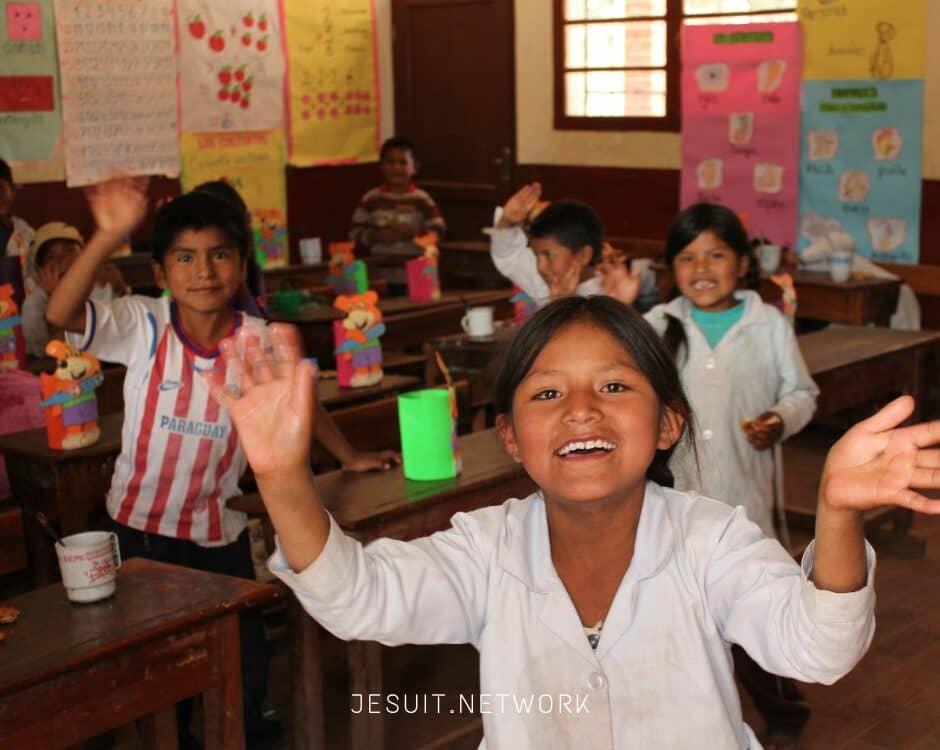This website uses cookies so that we can provide you with the best user experience possible. Cookie information is stored in your browser and performs functions such as recognising you when you return to our website and helping our team to understand which sections of the website you find most interesting and useful.
Educating for Global Collaboration
We live in an increasingly interconnected world. Today, what happens in one corner of the world affects the lives of all human beings and the planet. Some of today’s challenges, such as climate change, war, the COVID pandemic and immigration, have shown that we do not live in isolated countries and that national borders do not stop problems that affect us all. Therefore, we need to provide an education that can respond to this new reality of a humanity that shares a common home. Today, a holistic education must prepare new generations to share this common responsibility and create the conditions for collaboration and solidarity. Pope Francis, as a global leader, has recognised the new context and has repeatedly called for a new global educational pact, which can provide the new generations with the skills, knowledge, and conditions to face the challenges ahead.
UNESCO has also recognised the need to re-imagine our futures together, through a new social contract for education, as a “large number of people…are deeply aware that we are connected on this planet that we share and that it is imperative that we work together”. (Reimagining our futures together: a new social contract for education, 2021).
Jesuit education, as discussed at the 2014 SIPEI International Seminar, aims for Human Excellence, as expressed in the 4Cs: conscious, competent, committed, and compassionate persons. We invite our students to develop their full potential in the service of God and others. Today, this human excellence cannot be achieved without an education that prepares students, educators and parents for the reality of a common world. The recent emphatic call of General Congregation #36 for discernment, collaboration, and networking as our contemporary way of proceeding, adapted to our times (D. 2) points in the same direction. Just as Arrupe proclaimed that “splendid isolation” is not an option for our schools; we can add that it is not an option for countries or for new generations.
The emerging concept of global citizenship helps to respond to this new reality. In 2017, Fr General Sosa challenged schools to be proactive and to implement this new requirement: “How can our schools embrace and offer a formation for global citizenship that respects the local particularities of cultures and demonstrates our universal potential and commitment? We should be able to develop educational programmes that help us to think and act, locally and globally… without losing our Christian and Ignatian identity”. (Rio de Janeiro, 2017).
In response to Fr General’s challenge, the Education Secretariat set up a working group with representation from all Jesuit conferences to provide a framework for global citizenship in our schools. After several months of intense work, the working group provided the schools with an Ignatian and inspiring definition:
“Global Citizens are those who continually seek to deepen their awareness of their place and responsibility, local and global, in an increasingly interconnected world; those who stand in solidarity with others in the quest for a sustainable planet and a more humane world, as true partners in the mission of reconciliation and justice.” (Global Citizenship Taskforce, Global Citizenship: An Ignatian Perspective, 2019).
For Jesuit education it is clear that educating global citizens does not mean neglecting or abandoning the local roots and responsibilities that enrich life and connect us to the people around us. The task force also offers a way forward in our schools, proposing a truly Ignatian programme for global citizenship, embodying today the early Jesuit conviction that puerilis institutio est renovatio mundi (the education of youth is the renewal of the world) as Fr John de Boniface SJ (circa 1575) argued.
However, how can we educators, educated differently for a different world, learn to become these global citizens who can then prepare our students for the reality of a common world and thus accompany them to become balanced, aware, competent, committed and compassionate persons? Our newly created Global Jesuit Network of Colleges (GJCN) is a strong signal that we are serious about collaboration between our educators and our schools, sharing resources, ideas, programmes, and dreams. In addition, in 2015, Educate Magis was also launched as the online community/platform through which we encourage educators in our RGJC to collaborate internationally. Since then, educators from around the world have created various opportunities to work together, deepening the knowledge and practice of Jesuit education, building a global community where we can learn, practice and build solidarity and global fraternity as true partners of all humanity and creation. Projects such as The Global Red Chair, Walk A Mile in My Shoes, and Who Do You Want to Be? as well as online courses on Ignatian Spirituality, Ignatian Pedagogy, and Global Citizenship have connected educators and students from around the world, and have created an unprecedented level of collaboration that gives us hope for the future. This has been a learning by doing…very much in our educational tradition.

Post Written by José Mesa SJ, published in Educate Magis





